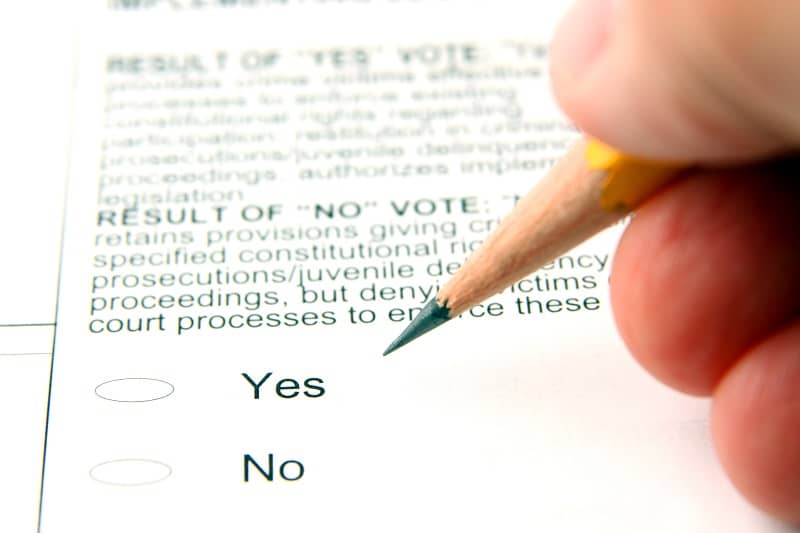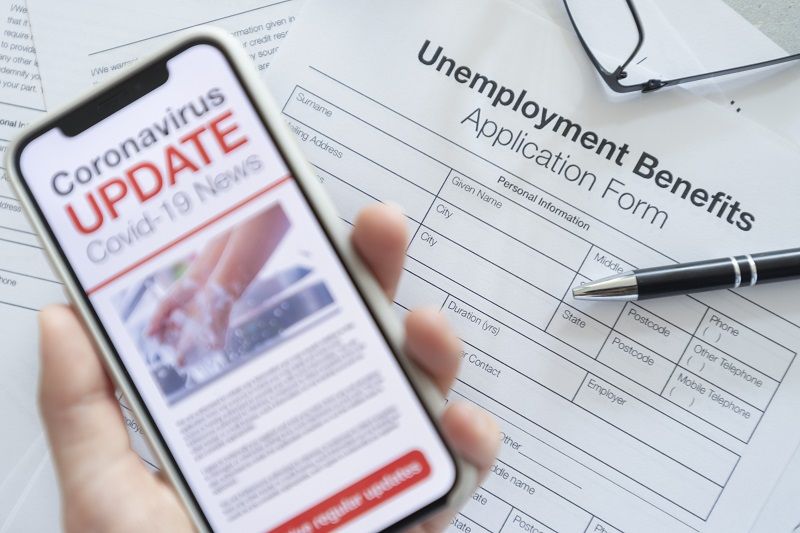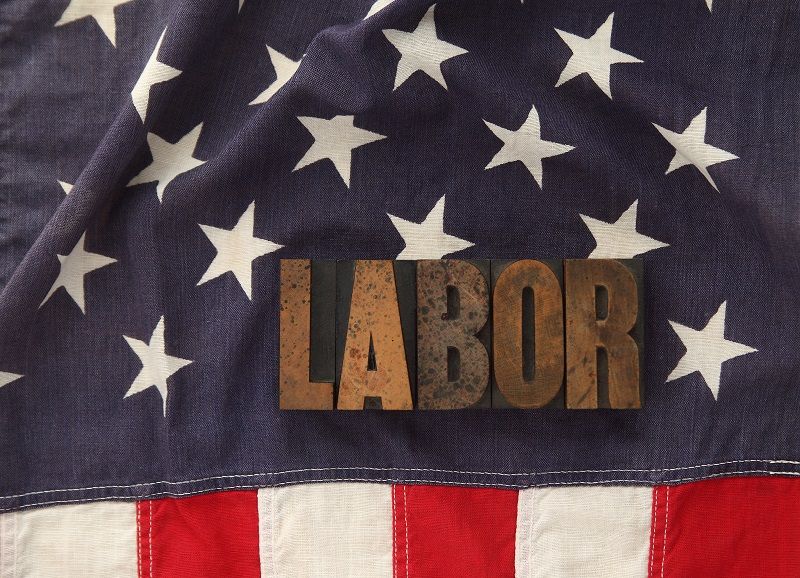By Paul R. Farago and Angela Eckhardt
This is a slightly updated version of a Commentary the authors originally published in August 2000.
In 1887 Oregon was the first to make Labor Day an official state holiday. Labor Day was intended to be a celebration of American workers’ achievements and a rallying call for workers’ rights. Today, as we reaffirm our support of workers’ rights, we should rethink what exactly that means.
Unionism was initially designed to be a means for the individual worker to use toward the creation of a better work environment. But now the union leaders and the individual worker have switched places in priority. The political power of labor unions has increased, but not to the benefit of individual workers.
One Oregonian, Harry Beck, knows this firsthand. In the mid-1960s Beck began to question his union, the Communication Workers of America (CWA). What started as a struggle for more local union autonomy developed into a fight over misuse of forced union dues. Beck ultimately prevailed in the 1988 landmark U.S. Supreme Court decision, CWA v. Beck.
Beck describes himself in his youth as “an avid union man.” Returning from duty in the Air Force to his career in telecommunications, Beck “traded [his] M-1 carbine for a picket sign and parades for picket lines.”
Soon, however, Beck confronted the dark underbelly of union politics. With CWA control centered in several major cities, suburban workers like Beck, who lived outside Washington, D.C. at the time, lacked a voice. He and his colleagues tried to get someone elected to their union’s Executive Committee, but as he reports, “the election process was rigged.” Next, they tried to form their own Local, and were denied. Finally, Beck withdrew his union membership.
Although he was no longer a union member and had no voting power, Beck was still required to pay the equivalent of dues in the form of an Agency Fee. He began to notice where his “stolen money” was going―particularly in terms of political spending. “The union’s publications were demanding their union people vote for Hubert Humphrey,” Beck explains. “That was the straw that broke my back.”
In 1976, 20 employees who chose not to be union members challenged CWA’s use of their agency fees for purposes other than collective bargaining, contract administration, or grievance adjustment. The National Right to Work Foundation represented the workers.
The District Court ultimately ruled, and the U.S. Supreme Court concurred, that only 21% of CWA’s spending was on collective bargaining matters. Fully 79% was misspent on union politics. The courts further ruled that workers cannot be forced to support political speech through union dues.
Not surprisingly, the Beck decision has been ignored by labor unions. Today, most workers do not know of their “Beck Rights,” or have difficulty exercising them. Unions continue to rake in billions of dollars in coerced payments each year, and dedicate vast sums to political candidates and causes without first receiving individual workers’ authorization.
We should be grateful for people like Harry Beck who struggled for the rights of individual union workers. There are now 24 “Right to Work” states that have gone a step beyond Beck Rights. In these states workers who choose not to be union members are also freed from the obligation of paying for collective bargaining representation they don’t want. Oregon is not yet such a state, but Oregon voters may have the chance to vote on the Public Employee Choice Act (Initiative Petition 9) in November 2014. The initiative would allow anyone to become or remain a public employee without being required to join a labor union or pay dues or “fair share” fees.
This Labor Day, let’s celebrate all who have made this country a free and prosperous nation, be they wage earners or entrepreneurs. Let’s respect one another enough to give more Americans the opportunity to make our own decisions about representation and political spending. In the spirit of Harry Beck, let’s uphold the rights of the individual worker.
Paul R. Farago is a former board member and Angela Eckhardt is a former program director at Cascade Policy Institute, a Portland-based think tank.











